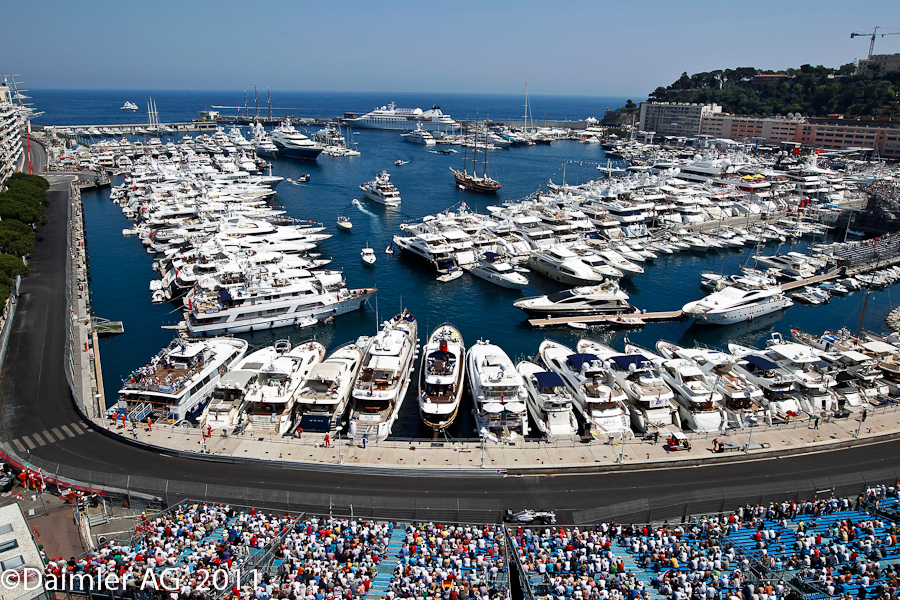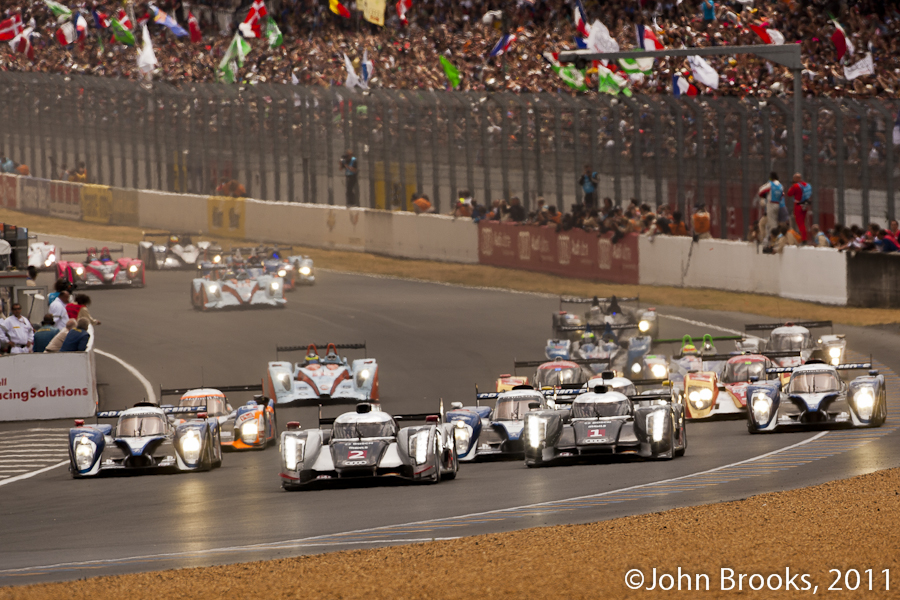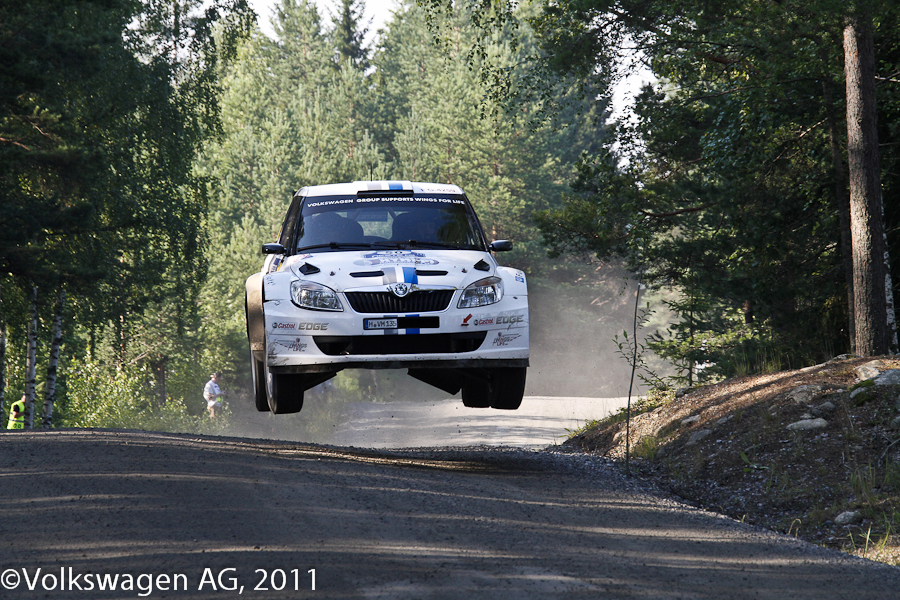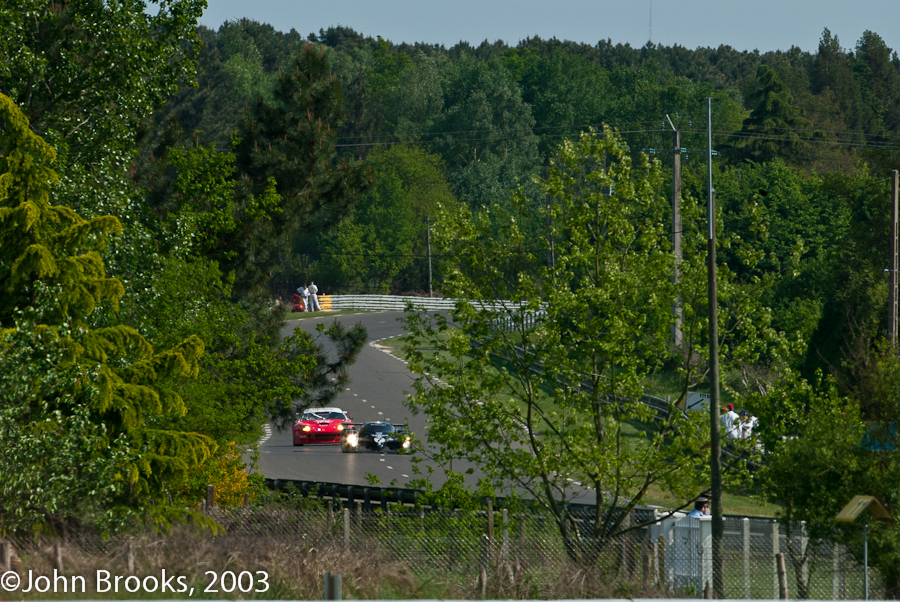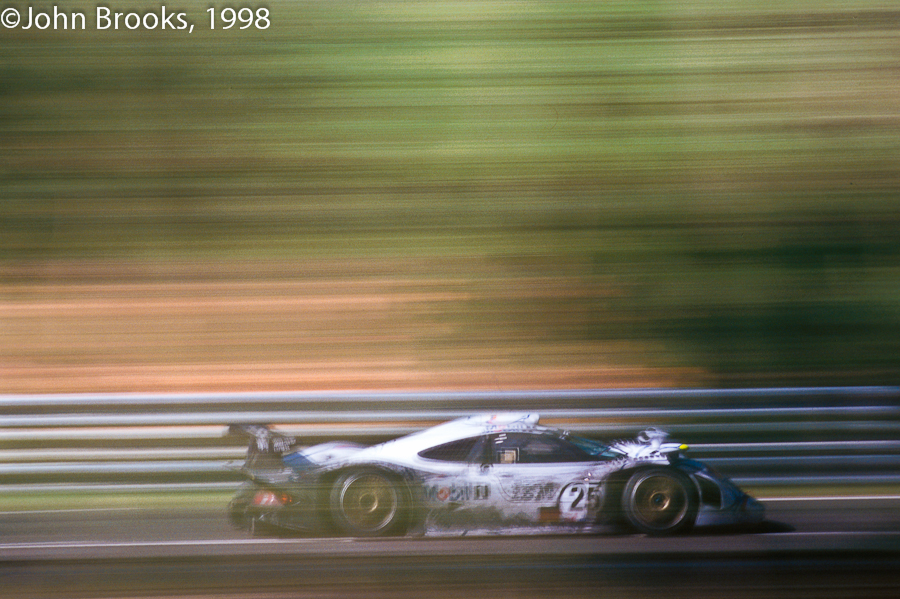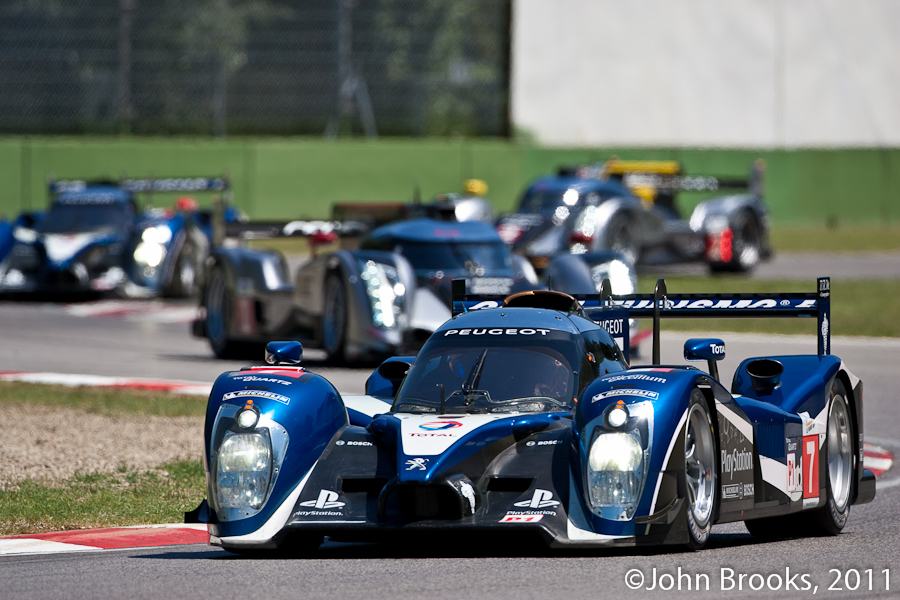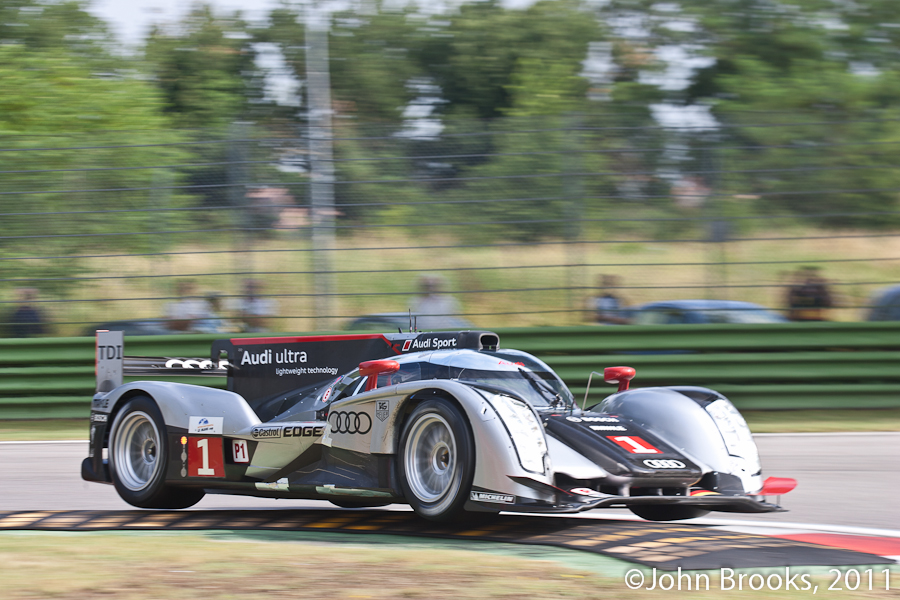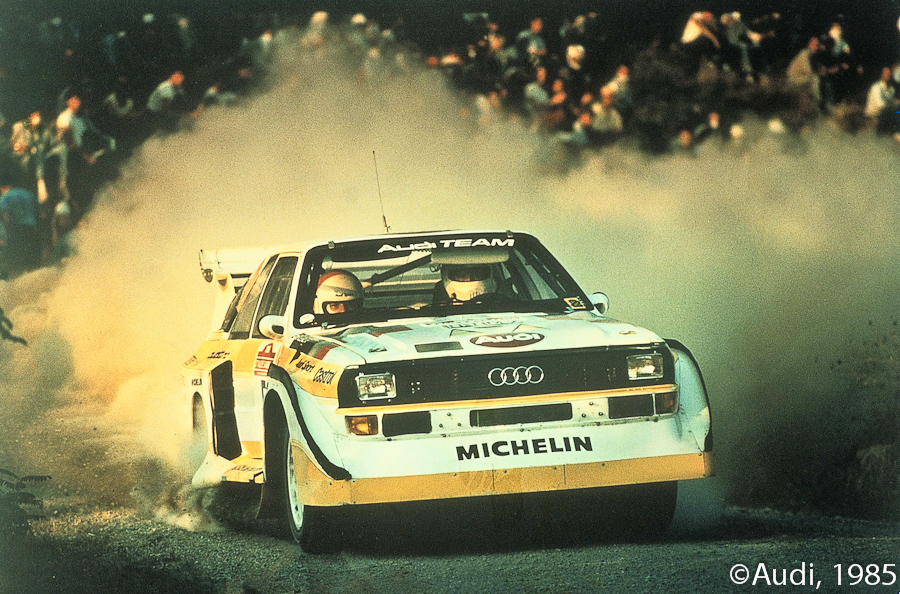The phone rings, Oh God, another snake oil salesman? The voice is clear and distinctive,
“Mis-ter Brooks”
Ok it is Porsche Guru, Bill Oursler, there goes an hour at least. After the usual discourse on the happenings in the world generally and the world of endurance racing in particular we get to the nitty gritty.
“What do you know about former Porsche guys being charged this week?”
Nothing, like most folks in the motorsport business I have tunnel vision when it comes to events outside my narrow range. Still two minutes of Google unearthed this:
Ex-Porsche CEO Wiedeking Charged Over Failed Volkswagen Bid
By Karin Matussek – Dec 19, 2012 1:19 PM GMT
Former Porsche SE Chief Executive Officer Wendelin Wiedeking and ex-Chief Financial Officer Holger Härter were charged with market manipulation over the use of options in a failed bid to take over Volkswagen AG. (VOW)
The indictment was filed after more than three years of investigations into claims Porsche misled investors in 2008 when it denied that it sought to buy VW. The company in October of that year disclosed a plan to take control of the carmaker.
I suggest you read the rest of this excellent summary from Bloomberg
My thoughts drifted back five years to a time when I ran another website, SportsCarPros with my old buddy, Kerry Morse. We were the Becker and Fagan of our part of the sport, or so we imagined. To be fair we did tweak a few tails and were generally just about tolerated by the grown ups. I recall certain folks getting more than a bit tetchy with one of our posts, I mean what did the Pros from Dover know?
Gardening in Stuttgart: Porsche Hedges Its Future
As an auto enthusiast and a Porsche fan, I remember when the most important, relevant, and exciting discussion surrounding this unique and successful manufacturer revolved entirely around its cars. However, today it seems the cars are yesterday’s news.
The most intriguing articles about Porsche in recent weeks involve comment and speculation surrounding the company’s financial results and have nothing to do with their cars. This is not to say that Porsche’s commitment to its iconic sports cars has in any way wavered, but we can scarcely be surprised that the market’s attention lies elsewhere. After all, if any manufacturing company in its past fiscal year made 3.6 Euro trading stock options with allegedly, a further three and a half billion of additional profits in its pocket for the current fiscal year, compared with 1 billion Euro from the operating business, it’s not surprising that the operations are overlooked. Time to trade the automotive engineering degree for an M.B.A.
I do not pretend to understand the analysis in the press concerning the nature of Holger Harter’s option strategy. However, while writers in the Financial Times and other journals are clearly pulling their punches in deference, presumably, to the marque and its legacy (hey it’s also a profit, not a loss!), they raise some legitimate questions which non financial readers (and Porsche car fans) should take note of. It’s been suggested, for examples, that, given loopholes in European stock exchange reporting regulations and Porsche’s ability to deflect pressure for greater transparency in financial reporting, they used their credibility, reinforced with a bid (a bid allegedly designed from the outset to fail), to increase the value of VW stock, the value of their VW holdings acquired in 2005 and 2006, and, unseen to outsiders, the profit of their option trading strategy. The announcement in November that they would postpone their acquisition offer (the stock price was too high!!) took that card off the table but by then it appears the 3-4 billion Euro of option profits was in the bag. Some might construe this as a little too cute. At a minimum, most observers, while restrained in their comments, construe this as a spectacularly aggressive trading strategy which has little to do with making cars and makes many of the world’s hedge fund managers look like underachievers.
With no more information with which to better explain the future options or hedging strategy of Porsche A.G., most financial writers have advised caution aimed at Porsche management and, presumably, analysts and followers of Porsche and VW. Quite apart from the impact that deteriorating economic conditions may have on consumer spending or credit and equity markets, it is virtually certain that these extraordinary returns cannot be repeated and that the “hedging in the normal course of business” explanation cannot be justified by the underlying activities of the group (if you exclude the possibility of ‘Texas hedging’, of course).
There can be few, and I suspect no, industrial companies in the world that in the last few years have, with or without hedging, generated the same ratio of financial profits to operating income that Porsche demonstrated in its recent fiscal year (and is likely to demonstrate in the current fiscal year). This alone should serve as a warning that any continued earnings from this source and of this magnitude suggest far higher levels of pure financial risk than can be possibly be warranted. Hopefully, that will not be the case and we can instead give credit to Porsche for having used this one off strategy to finance, at essentially no cost, a significant increase in its VW stake, now worth 14 billion Euro. No harm, no foul – the market has a tendency to forgive speculation if it’s successful, despite all the initial tut-tut ting.
If indeed this was a one-time phenomenon, it is good news for us automobile types. We can now get back to evaluating Porsche as an auto company, confining our interest and even our concerns to the preservation of that brilliant heritage built around its legendary sports cars and honed with studied diversification into vehicles like the Cayenne. We can also focus, as we should, on the strategic decisions Porsche faces given its now substantial 31% holding in VW. What is the role of this strategic stake? Is it merely a financial play or is this to become Porsche’s platform for a global footprint as a volume manufacturer? In the latter case the nature of Porsche may change forever. The investment could prove to be a major distraction from the company’s past and present mission; note for example, current rumblings from Berlin aimed at protecting VW’s labor force. This might militate against attempts by Porsche management to restructure parts of VW and divert important management energy away from the sports car business. To Porsche followers this should perhaps be the question of the hour.
Whatever happens I hope we will see less of these financial profits and more of Porsche as the company we know and cherish. However, and just in case, I will re-subscribe to the Financial Times that will join the raft of auto magazines which arrive every month.
Lindsey Harcourt-Lathrop
January 2008
Sandy Bay, Gibraltar
So what has this to do with anything in our sport? Well the vultures are circling as hedge funds and other investment groups aim to recoup their losses, remember for Porsche to make a profit, someone else had to take a loss. The sums involved are counted in the billions and if the charges against the ex Porsche pair are proved, then some very heavy hitters will be looking not only for their pound of flesh but also an arm and a leg, perhaps even the whole carcass.
The immediate or short term future of the FIA World Endurance Championship could be in question, given that the current intention is to have both Audi and Porsche duking it out in the top category with anyone brave enough to challenge them. What happens if the money men come calling, they will not be satisfied with two sacrificial lambs doing time, they will want serious amounts of hard cash. The Volkswagen Group has been on the crest of a wave in the past few years, strong sales growth reflected in sustained profitability and extremely positive cash flow. They probably have the resources to ride out any tsunami but the flag should at least be waved. Maybe it will all be a storm in a tea cup, but that’s what “folks in the know” told us five years ago. Maybe it’s time to call Lindsey again.

